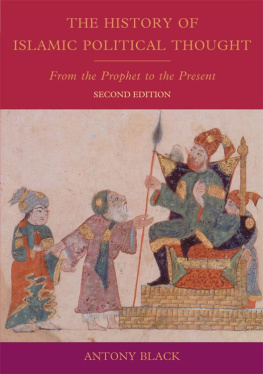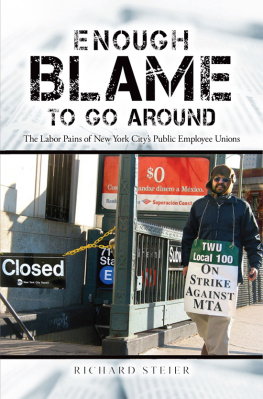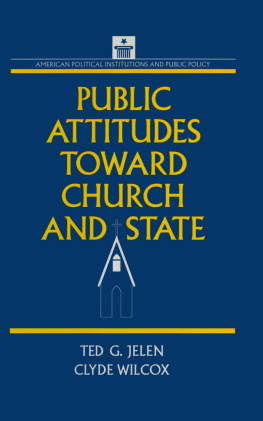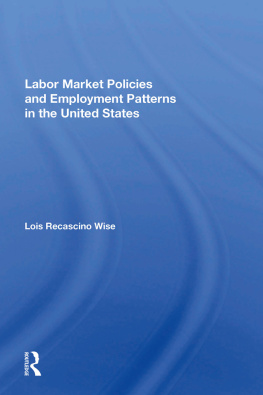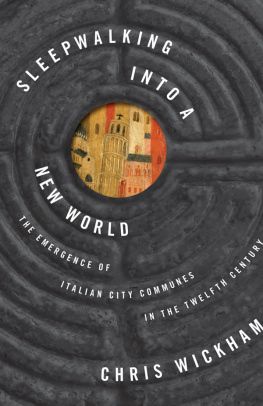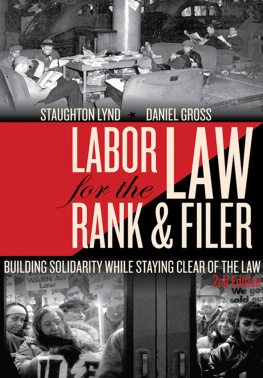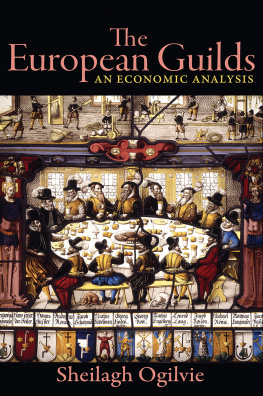Antony Black - Guild & State: European Political Thought from the Twelfth Century to the Present
Here you can read online Antony Black - Guild & State: European Political Thought from the Twelfth Century to the Present full text of the book (entire story) in english for free. Download pdf and epub, get meaning, cover and reviews about this ebook. publisher: Transaction Publishers, genre: Politics. Description of the work, (preface) as well as reviews are available. Best literature library LitArk.com created for fans of good reading and offers a wide selection of genres:
Romance novel
Science fiction
Adventure
Detective
Science
History
Home and family
Prose
Art
Politics
Computer
Non-fiction
Religion
Business
Children
Humor
Choose a favorite category and find really read worthwhile books. Enjoy immersion in the world of imagination, feel the emotions of the characters or learn something new for yourself, make an fascinating discovery.

- Book:Guild & State: European Political Thought from the Twelfth Century to the Present
- Author:
- Publisher:Transaction Publishers
- Genre:
- Rating:3 / 5
- Favourites:Add to favourites
- Your mark:
Guild & State: European Political Thought from the Twelfth Century to the Present: summary, description and annotation
We offer to read an annotation, description, summary or preface (depends on what the author of the book "Guild & State: European Political Thought from the Twelfth Century to the Present" wrote himself). If you haven't found the necessary information about the book — write in the comments, we will try to find it.
Guild and State examines the values of social solidarity and fraternity that emerged from medieval guilds and city-communes, and the effect of traditional corporate organization of labor on socioeconomic attitudes and theories of the state. What ordinary guildsmen and townsmen thought about these issues can be gleaned from chronicles, charters, and reported slogans. But in tracing attitudes toward the guilds of early Germanic times to todays equivalent-trade unions-a distinction must be made between popular ethos and learned philosophy.
In Europe, from the twelfth to the seventeenth centuries, the corporate organization of labor and of town-market communities developed side-by-side with the ideals of personal liberty, market freedom, and legal equality. Both affected the ideology of the European commune and city-state in specific and discernible ways. Self-governing labor organizations and civil freedom developed together as coherent practices. The values of mutual aid and craft honor on the one hand, and of personal freedom and legal equality on the other, formed the moral infrastructure of our civilization. Alternate ideals balanced, harmonized, and even cross-fertilized one another-as in the principle of freedom of association.
Contrary to preconceptions, however, corporate values were seldom expressed philosophically in the Middle Ages. Political theory and the world of learning from the start emphasized liberal values. It was only after the Reformation that guild and communal values found expression in political theory. Even then only a few philosophers acknowledged that solidarity and exchange-the poles around which the values of guild and civil society, respectively, rotate-are not opposites but complementary, and attempted to weave these together into a texture as tough and complex as that of urban society itself.
The Enlightenment and industrialization led to an apotheosis of liberal values. Guilds disappeared and were only in part replaced by labor unions; the values of market exchange have since been in the ascendant-though Hegel, Durkheim, and more recently, advocates of liberal corporatism maintain the possibility of a symbiosis between corporate and liberal values. In Guild and State there emerges an alternative history of political thought, which will be fascinating to the general as well as the specialist reader.
Antony Black: author's other books
Who wrote Guild & State: European Political Thought from the Twelfth Century to the Present? Find out the surname, the name of the author of the book and a list of all author's works by series.

